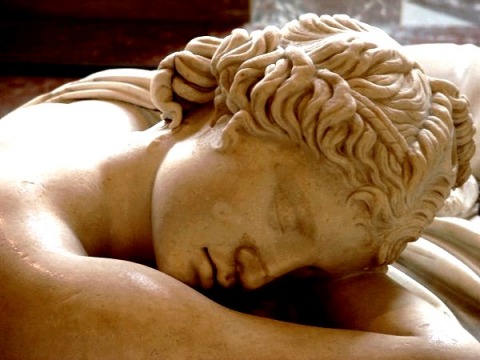
Philosopher David Benatar made ripples several years ago with his book Better Never to Have Been. The author maintains that in view of the pain, disappointment, anxiety, and grief of life, our parents did us harm by bringing us into existence.
Some might say that Benatar’s argument takes utilitarianism to its logical conclusion. Others might view it as bringing this dreadful doctrine to its just deserts.
In the spirit of Pascal, Pensées, sec. 194, I think we might think of Benatar as follows. The poor man does not know who made him, what the world is, or what he is himself. He does not know why he has been placed in this point in the chasm of space rather than in another, or why he has been assigned to live at this moment in eternity rather than in all the ages that have come before and may come after him. He does not know what his body is, nor what his mind is, nor even that part of him which reflects on all these things and is as ignorant as they. In this condition of dread, he reflects that not all our earthly joy can sponge away a single sorrow.
Yet, finding himself at this final extremity, at the end of all things, what is his response? Can a greater folly be imagined? For does he, with every resource he commands, seek to learn what the riddle means? Does he pursue the fleet prey of the solution with even as much diligence as a hound lends to chasing a coon?
No, he does the lazy thing. He writes a book. Lining it with his despair about living, he fills it with mitigating advice, such as to abort one’s children early.
Curiously, along the way he finds that even though life is full of tears, he does not want to die. Yet not even this most wondrous and luminous clue is enough to rouse him from slumber. Dante, who midway upon the journey of his life had found himself in a dark wilderness, understood the plight well.
How I had entered, I can’t bring to mind,
I was so full of sleep at just that point
when I first left the way of truth behind.
-- Translation of Inferno, Canto 1,
lines 10-12, by Anthony Esolen